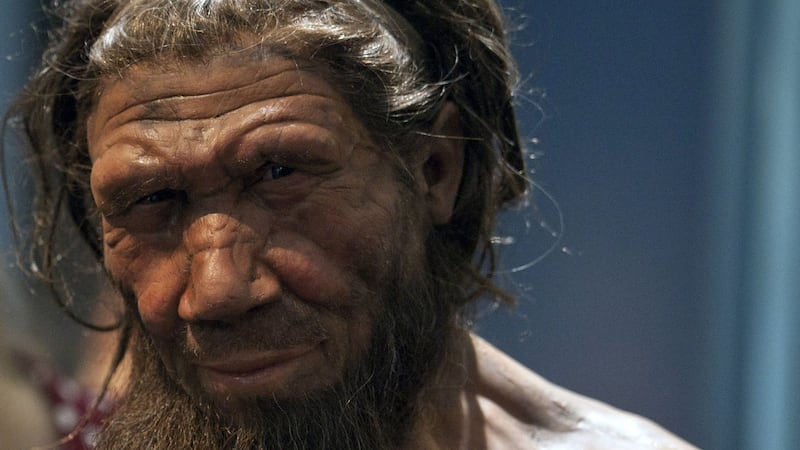The inability to adapt to warming or cooling temperatures may have driven early humans to extinction, scientists believe.
The researchers say that of the six or more different species belonging to the genus Homo, only Homo sapiens have managed to survive.
Hominins, or human-like species, appeared in Africa nearly three million years ago but by 10,000 years ago they were all gone.
The team said that their findings, published in the journal One Earth, serve as a kind of warning to humans today amid unprecedented changes in the climate.
Professor Pasquale Raia, of Universita di Napoli Federico II in Naples, Italy, who is lead author on the study, said: “It is worrisome to discover that our ancestors, which were no less impressive in terms of mental power as compared to any other species on Earth, could not resist climate change.
“And we found that just when our own species is sawing the branch we’re sitting on by causing climate change.
“I personally take this as a thunderous warning message.
“Climate change made Homo vulnerable and hapless in the past, and this may just be happening again.”
The researchers performed climate simulations spanning the last five million years and looked at data from 2,750 archaeological records.
Their aim was to understand how early humans, including H. habilis, H. ergaster, H. erectus, H. heidelbergensis, H. neanderthalensis, reacted to changes in climate.
The researchers said they found robust evidence that the extinction of three Homo species – H. erectus, H. heidelbergensis, and H. neanderthalensis – coincided with “sharp, unfavourable changes in the global climate”.
In the case of Neanderthals, things were likely made even worse by competition with H. sapiens, they added.
Prof Raia said: “Our findings show that despite technological innovations including the use of fire and refined stone tools, the formation of complex social networks, and – in the case of Neanderthals – even the production of glued spear points, fitted clothes, and a good amount of cultural and genetic exchange with Homo sapiens, past Homo species could not survive intense climate change.”
He added: “We were surprised by the regularity of the effect of climate change.
“It was crystal clear, for the extinct species and for them only, that climatic conditions were just too extreme just before extinction and only in that particular moment.”








